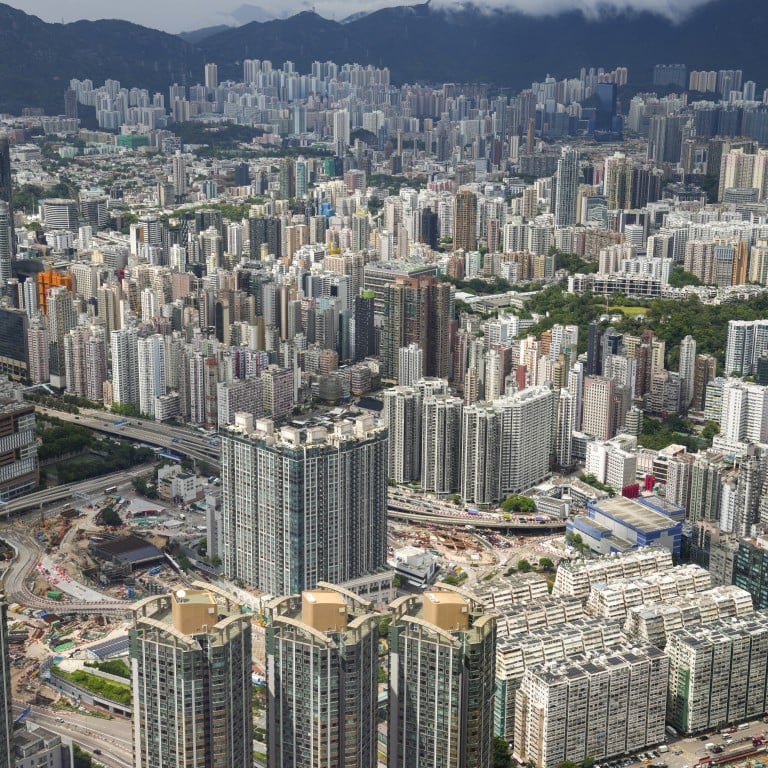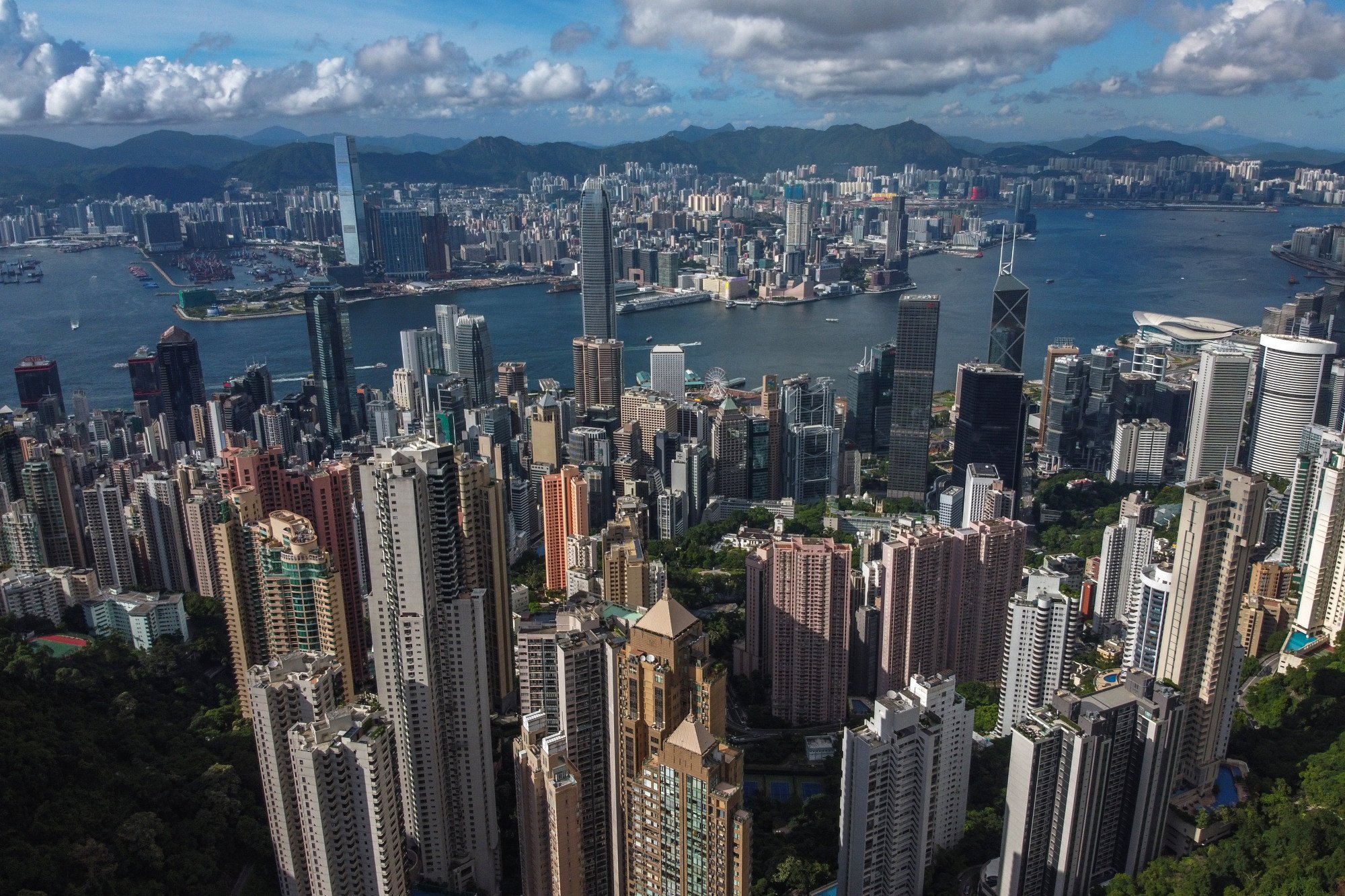
Hong Kong proposes speeding up land lease renewal process, with 300,000 set to expire by 2047
- Development Bureau warns number of expired land leases will ‘increase abruptly in future’
- End of 50-year extension to majority of leases in New Territories and parts of Kowloon set for 2047, prompting fears property owners will lose assets
Hong Kong authorities have proposed speeding up the land lease renewal process through a new law as more than 300,000 are set to expire by 2047, 50 years after the city’s return to Chinese sovereignty.
The date, often referred to as a “cliff”, marks the end of a 50-year extension to most leases in the New Territories and parts of Kowloon that were set for expiry in 1997, which has prompted fears that property owners will lose their assets.
“As the leases granted in the early days of Hong Kong gradually come to their expiry date, the number of expiring land leases to be handled will increase abruptly in future,” the Development Bureau said in a paper submitted to the legislature.
Hong Kong’s ‘one country, two systems’ principle ‘will not change after 2047’
Official statistics show 2,400 lots will expire between June 2025 and June 29, 2047. The earliest batch from that group comprises about 50 sites for non-industrial use in the Yau Tsim Mong district, mostly walk-up residential buildings.
Meanwhile, on June 30, 2047, leases for about 300,000 sites, mostly in the New Territories, will expire concurrently.
The bureau said it would not be feasible to use the conventional mechanism for conducting title checks and executing new agreements to extend beyond that year as many of the leases involved multiple owners.
“The uncertainty involved may also bring disturbances to the owners concerned and the property market. There is a compelling need for the government to streamline the lease extension procedures through legislation.”

When a non-renewable lease expires under the current policy, the government has the sole discretion to decide whether to provide a 50-year extension, without the payment of an additional premium but with an annual fee equivalent to 3 per cent of the property’s rateable value – an estimation of the site’s annual rent.
These agreements cover sites with mainly commercial, residential or industrial uses.
‘We won’t sell land at dirt cheap prices,’ Hong Kong’s finance chief says
But the bureau said the current mechanism was “cumbersome”, especially for cases involving multiple owners. The Lands Department would normally seek consent from owners to extend the lease with new conditions. Owners would have to produce proof of title for the department to verify ownership.
For land under multiple ownership, the department would grant a new lease to the Financial Secretary Incorporated (FSI), which acts as a government authority. It would then transfer the undivided shares of the individual properties from the government to the original owners, which will ensure other holders will not be affected even if some fail to complete the relevant procedures.
Some farmland, green belts can be used as car parks as Hong Kong relaxes guidelines
But the new law proposed by the department would declare and effect the extension of land leases, except certain short-term tenancies and special purpose agreements, by publishing gazette notices three years before expiry.
The arrangement would prevent owners from having to sign and execute a new lease.
Only leases that have not been set for extension will be listed in the gazette to make searches easier and avoid unintentional errors of omission.
A spokeswoman from the bureau said the government would not renew leases which involved repeated violations and serious offences, adding that owners of properties or land recorded in the gazette could appeal the listing.
Hong Kong home slump resumes after ‘short-lived’ recovery: Citi
“The case needs to be very serious, as we hope to simplify the renewal process, rather than using it to prosecute non-compliant owners,” she said.
Leases under the new mechanism will be extended for 50 years without the payment of an additional premium but will require an annual rent equivalent to 3 per cent of the rateable value of the property. Owners can opt out collectively if they do not wish to renew.
A new review process will also allow authorities to change their decision to not extend a lease after a review, but gazetted extensions will not be eligible for reversal.
The bureau spokeswoman said the government was aiming to introduce a draft bill in the Legislative Council in the second half of the year, with expectations of it coming into effect in mid-2024.
Lau Chun-kong, chairman of the Hong Kong Institute of Surveyors’ land policy panel, said the bill could ease owners’ concerns, adding he hoped the gazette notices could be published earlier than the proposed three-year period.
“The earlier, the better. Owners will have less uncertainties and they can engage in property transactions earlier. It can energise the overall property market,” he said.
Additional reporting by Edith Lin


